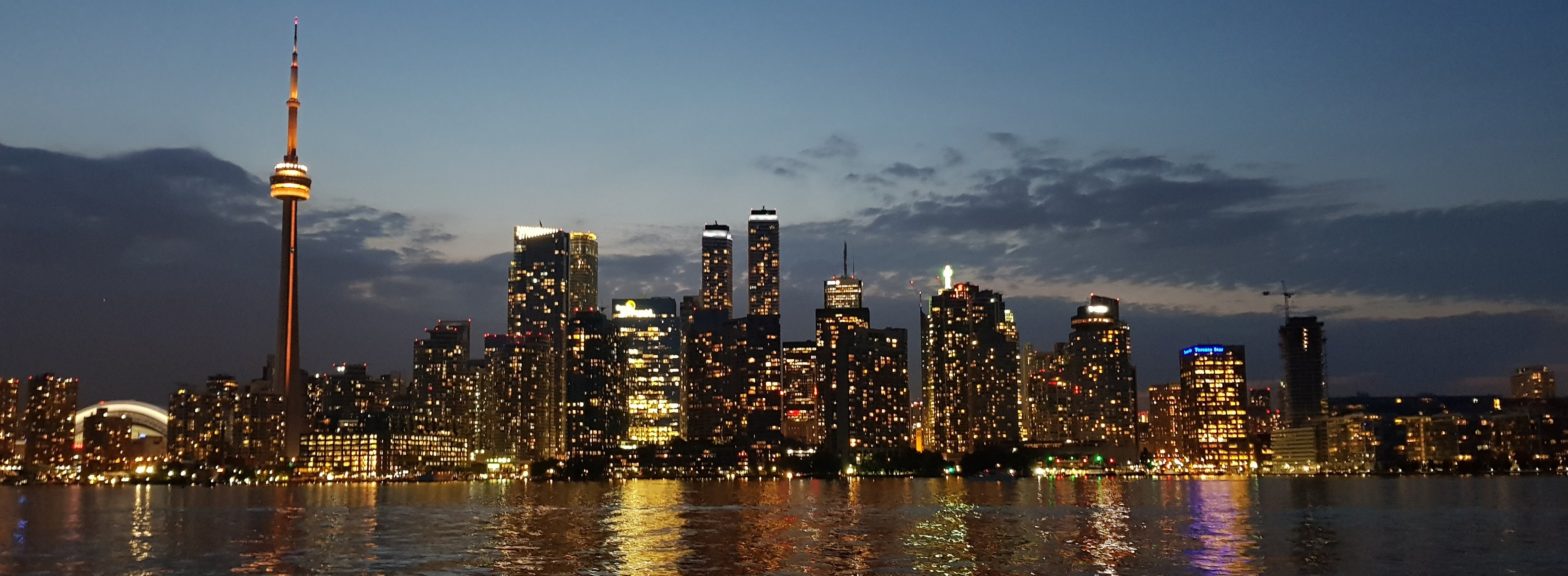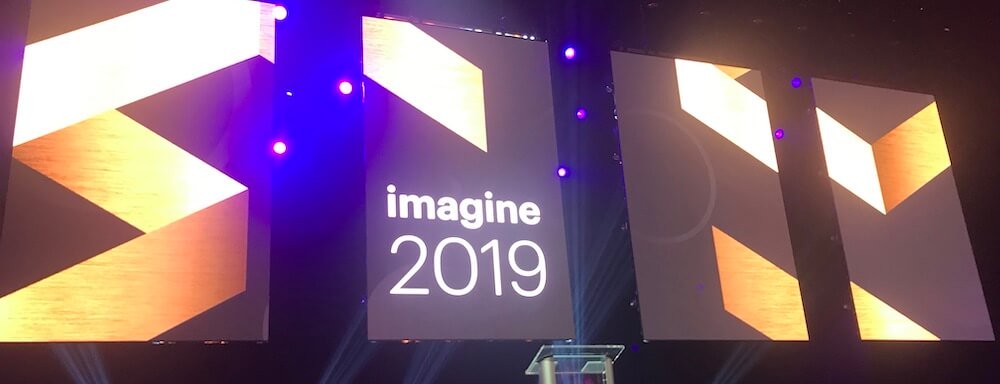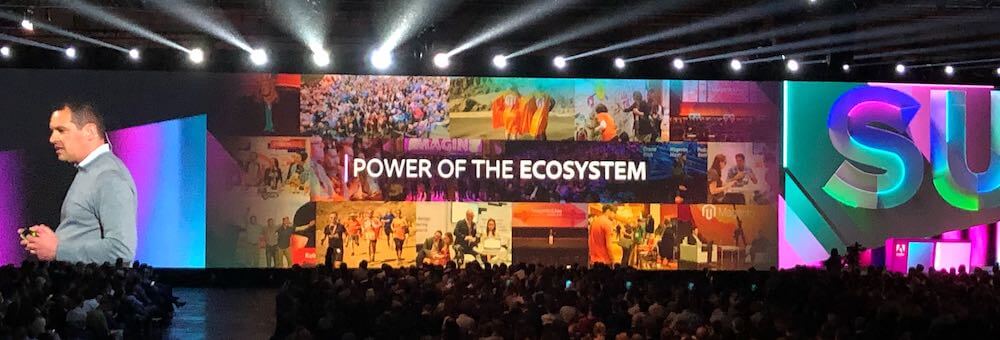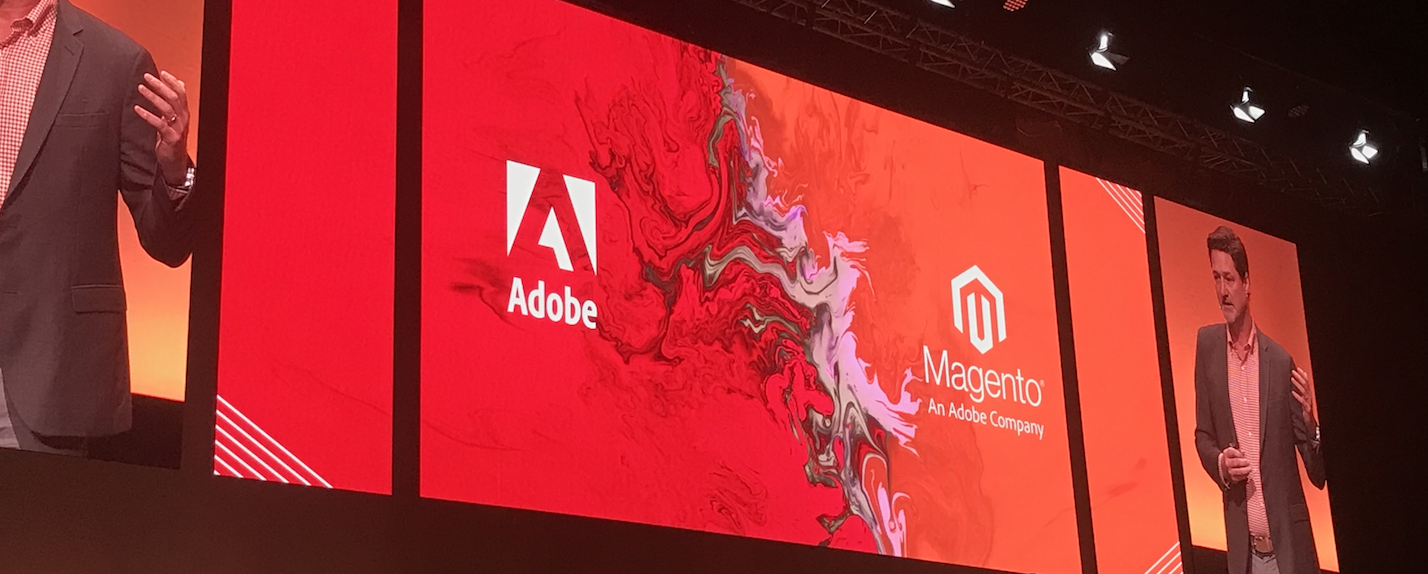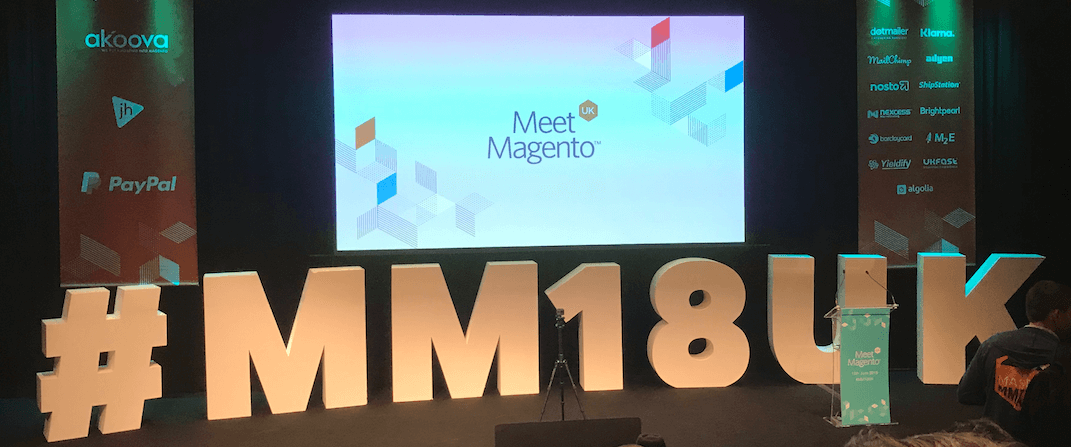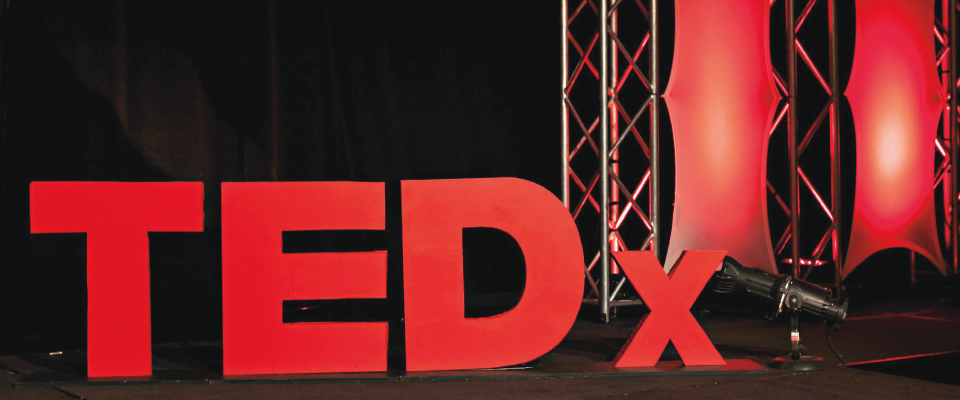
TEDx – Jon Woodall
An interview with Jon
I’m sure many of you have heard of TED Talks, with their “ideas worth spreading”, they began in 1984 as a conference where Technology, Entertainment, and Design converge. TEDx are designed to help communities, organisations and individuals spark deep conversation and connections at a local level. We are thrilled that Jon Woodall, our Managing Director, has been asked to speak at TEDx Holyhead, this Friday the 1st of April.
We thought it would be interesting to catch up with Jon before his TEDx presentation and share his thoughts, challenges, and ideas with you.
Q. Recently it was announced that you will be speaking at an event, this event will be none other than a TEDx, this Friday. What is going to be the subject of your TEDx talk?
A. I have taken my learnings from Mage Titans and I have tried to put them into context for everyone, but the opening line and sentiment is that sharing doesn’t really come naturally to me. I don’t want to spoil it and say too much but it’s all around examples of people sharing and why we should share. About getting out of our own way and losing our ego. Letting go of the things that we fight so hard to keep control of. If we had our own unique way of doing something, would we keep that to ourselves? Or would we choose to share that with people?
Q. Do you watch many TED Talks and TEDx yourself?
A. I’m a fan of TED definitely. When I first got asked about it I was a little shocked, but I found myself in a position where I felt that I had to do it. As you know I like to challenge myself, public speaking is one of those things that I am trying to learn more about because I think it’s an important skill to have. So if I am going to learn that then why not challenge myself, what bigger stage to do this on than a TEDx stage? So I’m putting a lot of practice in and I am pretty happy with what I’ve got together.
Q. Great, so how are you practicing?
A. Time invested. Putting the hours in. I have worked out roughly how long I think it’s going to take me to prepare for this talk based around some other work that I’ve done in the past. It’s going to take me somewhere in the region of thirty hours on this one. I am on track to getting it to where I would like it to be, the rest is all on the night, what will be will be, as long as I put in the hard work I am sure that I will get the outcome that I’m hoping for.
In terms of other preparation, I have been trying to remember; obviously the audience won’t know if I go off the words slightly so I’m not too worried about that, but to recite a story, or sequence of stories, that’s around 2,200 words over eight pages of A4, you need a strategy, so I’ve got one that works for me, to help me remember.
Q. So what’s your strategy, do you want to share that?
A. Yes, it’s something that I used a couple of months ago when I had to do another talk, again, unassisted. It is to associate your talk with a physical journey: So I have mapped a route around my house and when I get to a certain point I know that I need to say a certain thing. There are objects or points in my house that remind me that I am at this point in my talk. In theory, it’s like a mind palace, if you’re in a room and someone turned the lights off and asked you what was in the room, you would roughly be able to memorise the objects and locations. I think that I am quite visual in terms of remembering things, so I have found this a good way to recall a lot of information.
Q. And it will flow nicely when you present?
A. Yes, and I think that there’s something in the movement. When practicing I’m usually walking and talking at the same time, it builds up a bit of momentum in a way, timing. It’s almost like the story is weaving in the same direction. It works for me.
Q. So, do you have any favourite TED / TEDx Talks?
A. The obvious ones for me are the likes of Daniel Pink; I’ve read a couple of his books too, Simon Sinek, Sir Ken Robinson; that talk is great, obviously that’s been watched millions of times…
Q. I think that’s my favourite!
A. There’s also a really good one by a chap called Derek Sivers, I actually took a little inspiration from that one. He talks around how a movement starts. It only lasts around three minutes, which is quite short for a TED Talk, it’s really punchy, and he has a video running in the background. You might have seen it.
It’s set at a festival, on the side of a hill, and there’s one guy that’s dancing like a complete lunatic, he just doesn’t care what he’s doing, he’s doing all kinds of crazy stuff, and then one other guy comes over to him and joins in. The original ‘nut’, I think he calls him, greets the new dancer as equal, and what they do is start copying each other, mimicking the dance moves. And then interestingly, the second guy welcomes some of his friends to join the group. But then once one more person joins, you have a crowd and this dancing becomes more acceptable. Then as 4, 5, 6, 7, 8 people join you reach a tipping point and soon the whole side of a hill is dancing with him. Soon you can’t see the original guy, it’s the followers that really made the difference. The movement itself takes over, I think that there’s a lot to be learnt from that talk.
Q. A lot to be learnt; how do you find that this inspires you?
A. I find that certain communities can limit themselves by trying to protect themselves. Sharing doesn’t come naturally to me. I think that I’ve found something that’s unique to me, my instinct is to hold onto it and protect it. I’m not saying to just give everything away, perhaps you have to hold onto it at the start to get the idea out there; but if I step out of the ego, allow my ideas to go through the universal life-cycle, I find that I can encourage people around me to go on and do great things, for the idea to reach its potential.
Q. Ah, so this brings us full-circle back to sharing, and your conversation with Kalen and Phil on the recent Mage Talk about giving Mage Titans to the Magento community. I suppose in a way this is synonymous with the open source community. For example Magento; there are thousands of people around the World all developing on the platform, it’s accessible to many, continually being improved, all sorts of exploratory and innovative experiments and projects are being built, and there is a real community all willing to help each other. They are improving it for themselves and, for each other.
A. Yeah, so you give the example of the open source community, which this naturally lends itself to, what I was hoping to do with my talk was to take it to a level where in actual fact the things that I am talking about affect people on all levels. Using the same thinking, apply it to the street that you’re living on, the neighbours that you do, or don’t, get along with, if you can be connected, the more that you can share the ideas of what’s going on. The impact that could have on the street, for example, could include a reduction in crime ‘do you mind checking in on my house?’, ‘feeding the cat?’, I don’t think this happens as much anymore. Also, if you were all more closely aligned with each other, you could perhaps all be making alterations to your properties, and keeping your property in such a way that would mean in future years you have increased the overall value of the street, and more people would want to live in the area because it feels more connected, like more of a community. You just need a couple of lone nuts to lead the way.
Q. Are you going to be the lone nut, leading the way for sharing in the community then?
A. No. Ha ha, I suppose I can be. Arguably, that first year with Mage Titans, I could’ve taken a bit of a hit with that. Because we came up with this idea, and fortunately I reached out to Vinai and Ben, and those people, they were the people that made it happen. We obviously did a lot of work behind the scenes, the administrative side of things, but really it was those two people who became the champions of what we were trying to do. There was a need and requirement for what we wanted to do, the idea sells itself, the movement is happening. So I suppose the question for me is what else do I do that with? I want to also mention Martin, because I wouldn’t be doing this if it wasn’t for him. He has helped us out with training in the office and he is quite involved with the TEDx Holyhead event, and he was the chap who challenged me to speak.
Q. So, Jon you are going to be speaking on Friday at TEDx in Holyhead. Any closing words?
A. If there is something that you’ve always wanted to do but you’ve stopped yourself through fear of failure; put a plan in place and go and do it.

